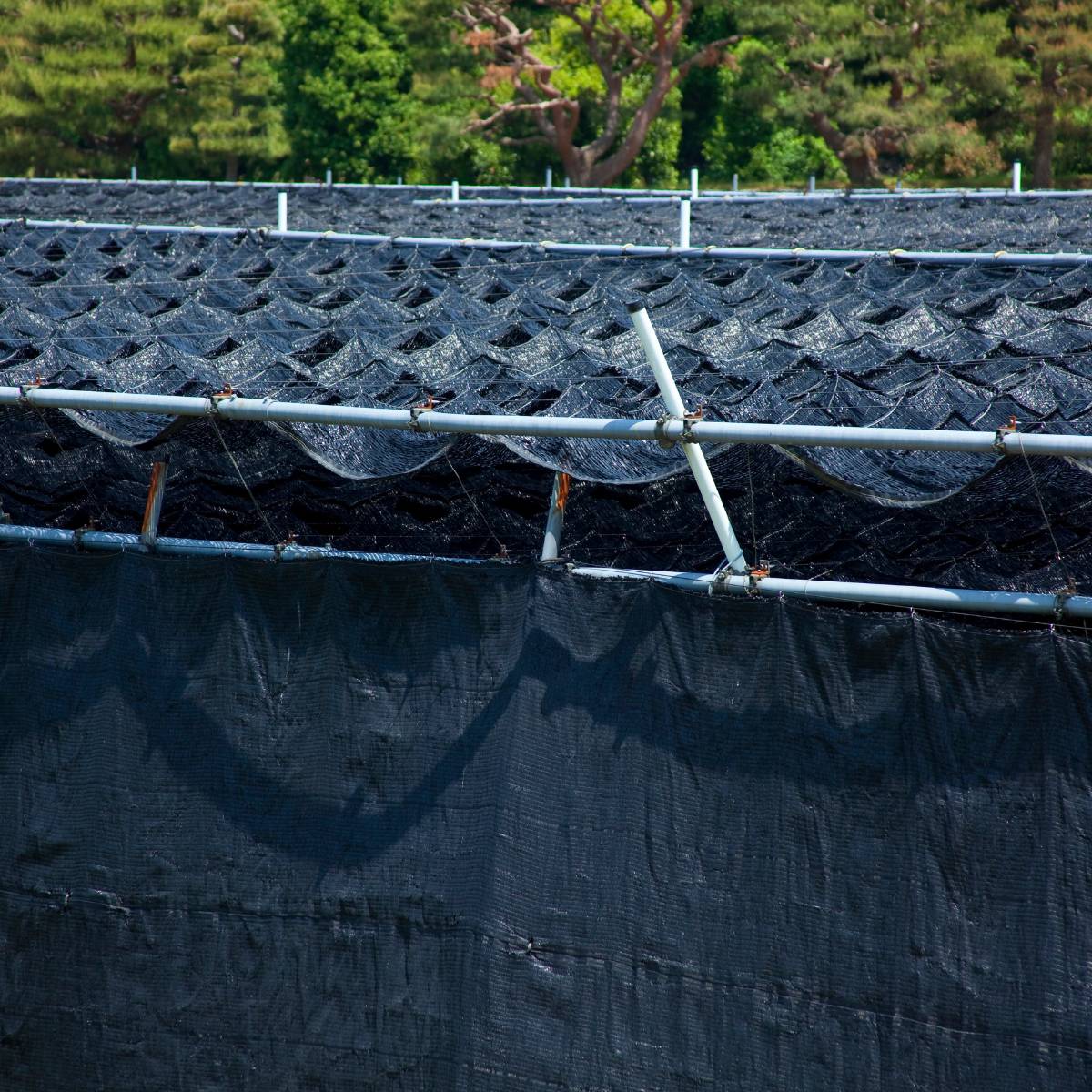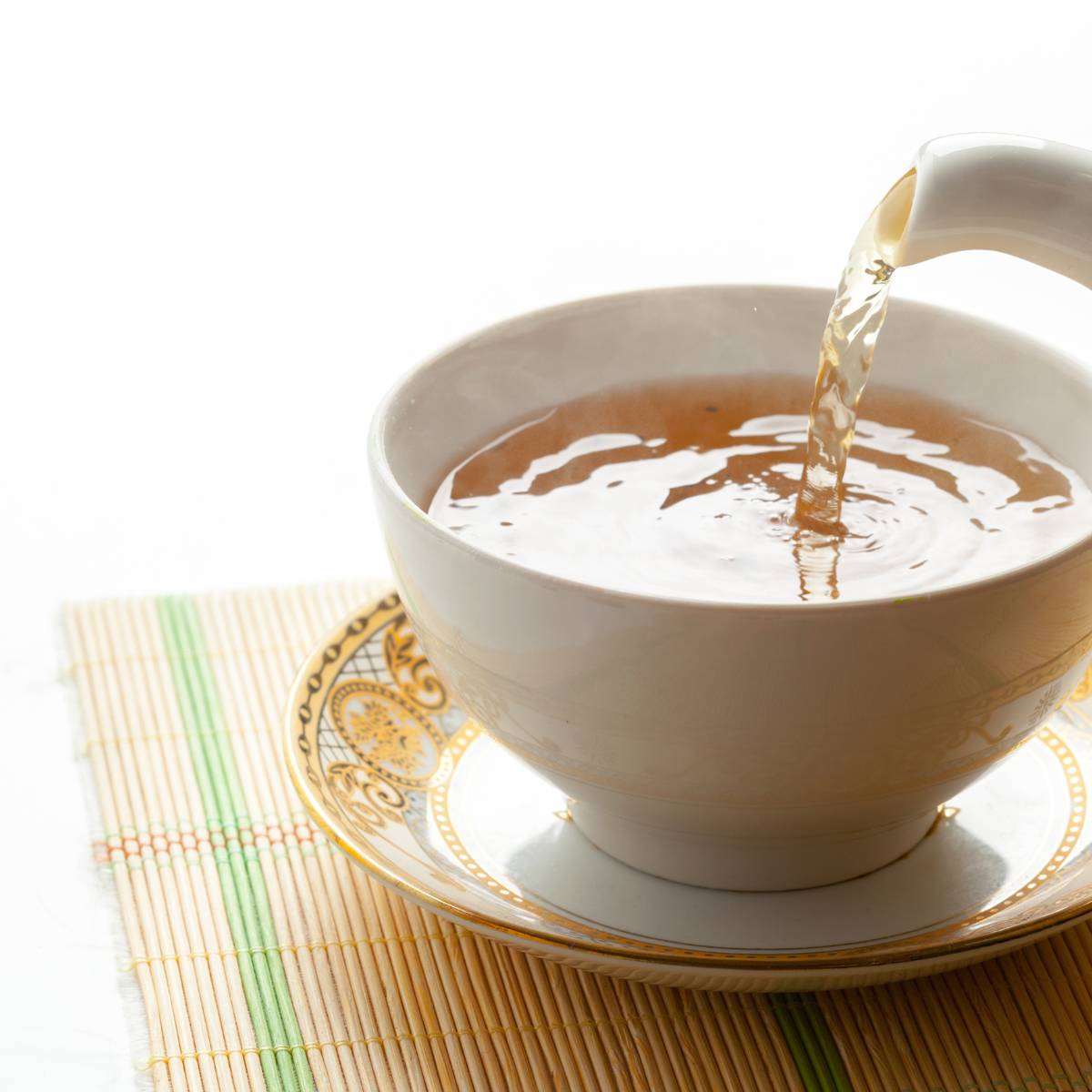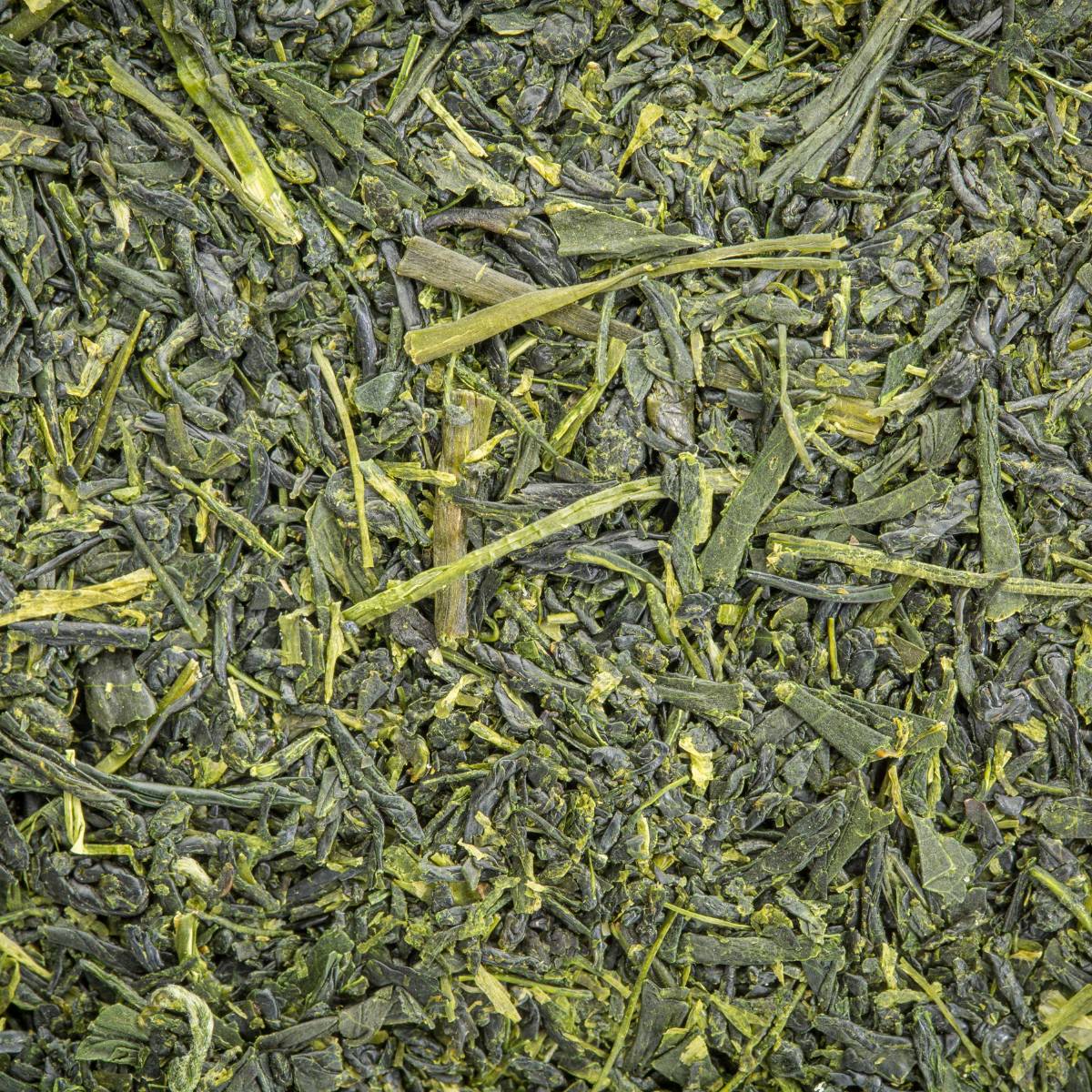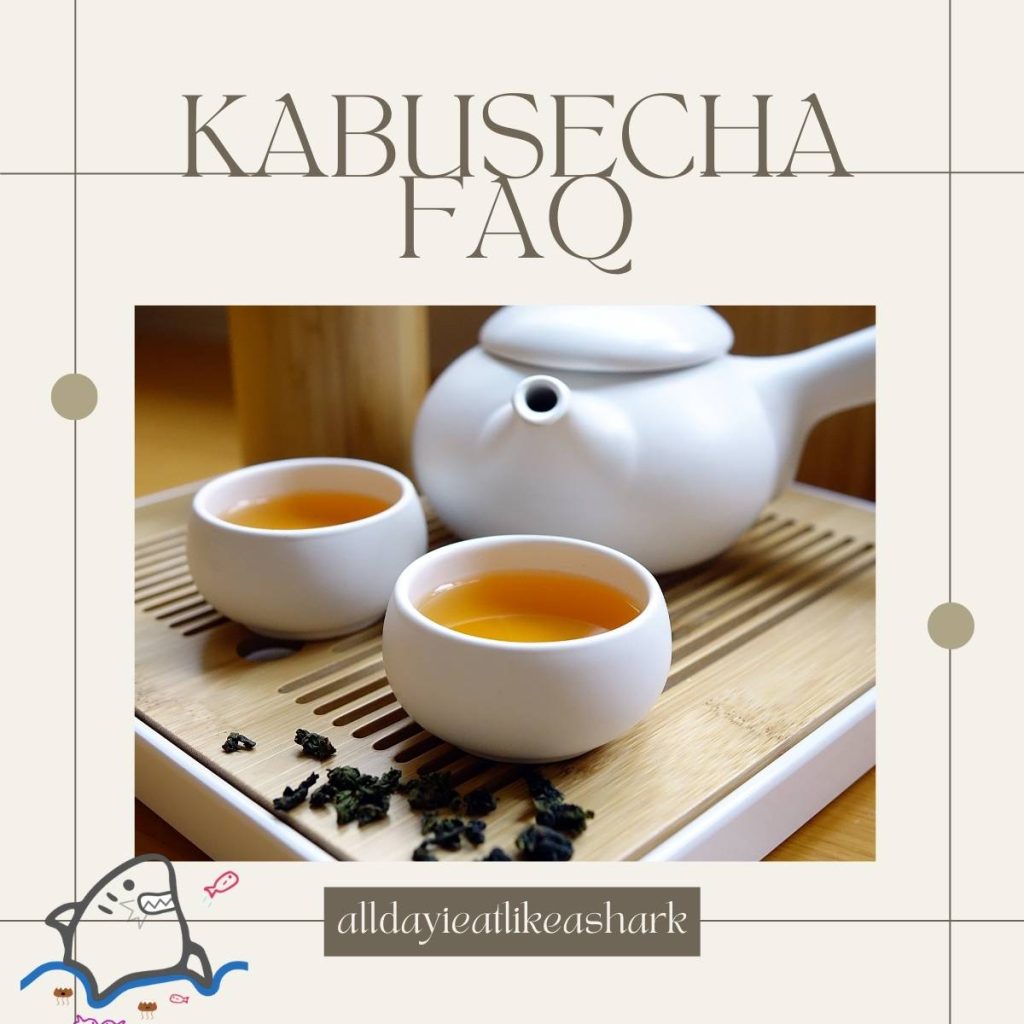Are you curious about the lesser-known Japanese green
What is kabusecha?
Kabusecha is a unique type of Japanese green

How is kabusecha different from other green teas?
The main difference between kabusecha and other green teas lies in its cultivation process. Kabusecha is shade-grown for a brief period before harvesting, which increases its chlorophyll content and gives it a more delicate flavor profile compared to sencha. However, it is less shaded than gyokuro, resulting in a taste that is a balance between the two.
What are the health benefits of kabusecha?
Kabusecha contains antioxidants, including catechins like EGCG, which can provide various health benefits, such as supporting heart health, boosting metabolism, and reducing the risk of certain chronic diseases. It also contains amino acids like L-theanine, which promotes relaxation and mental clarity, and vitamins and minerals that contribute to overall wellness.

How do I brew kabusecha?
To brew kabusecha, use 1 teaspoon of loose-leaf
Can I make iced kabusecha?
Yes, iced kabusecha is a refreshing option for warm weather. Brew the kabusecha as you would for hot tea, but use double the amount of
Is kabusecha suitable for vegans and vegetarians?
Yes, kabusecha is a plant-based product made from
How much caffeine does kabusecha contain?
Kabusecha typically contains between 25-45 mg of caffeine per 8-ounce cup, depending on the quality and preparation method. This is slightly higher than sencha but lower than gyokuro due to the shading process.
Where can I buy kabusecha?
Kabusecha can be found in specialized
How should I store kabusecha?
Store kabusecha in an airtight container in a cool, dark place away from direct sunlight and strong odors. Proper storage will help maintain its freshness, flavor, and aroma.

What are the different grades of kabusecha?
Kabusecha grades can vary depending on factors such as the region where it’s grown, the time of harvest, and the quality of the
Conclusion
If you’re interested in trying Kabusecha, there are a few things you should know about how to prepare and store it properly. I hope this FAQ has been helpful in answering some of your questions about Kabusecha.
Don’t forget to check out the guide for green tea savory pairings to enhance your





Konnichiwa! (Hello!) I'm Pat Tokuyama, a Japanese tofu cookbook author, who travels for music, food, and adventure. If you like Japanese tea, checkout some of the newestorganic japanese tea, matcha bowls and noren and more!
** Curious about the Plant Based Japanese Cooking Club? ** Learn more here!